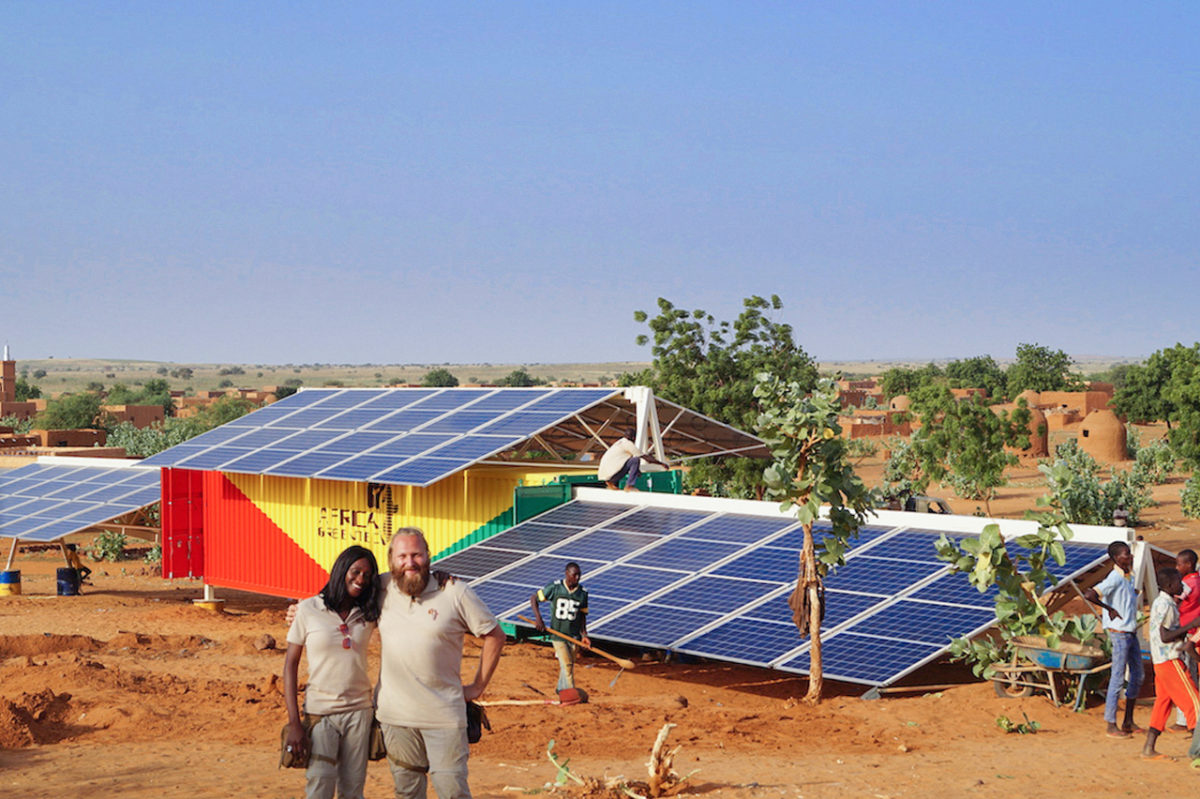The International Finance Corporation (IFC), which is a member of the World Bank; the European Investment Bank (EIB), which is the European Union’s not-for-profit lending institution; and the European Bank for Reconstruction and Development (EBRD), which is an international financial institution focusing on the central, eastern and south-eastern Europe, central Asia, and the southern and eastern Mediterranean regions, have committed $256 million, $100 million and $68.5 million of investment, respectively, for the green economies of emerging markets.
The landmark investment will be made “in a fund that will invest in green bond issuances by emerging market financial institutions, supporting the development of the green bond sector in emerging markets,” said the EBRD.
“This is the ‘Amundi Planet – Emerging Green One’ Fund which, having “a total investor commitment of $1.42 billion, is the world’s largest green bond fund and the first exclusively dedicated to emerging markets,” it added.
The ‘Amundi Planet – Emerging Green One’ Fund has been set up by Amundi, Europe’s largest asset manager, in partnership with the IFC, and focuses on investing in green bonds issued by private sector financial institutions.
Investing in green bonds has been a trend in recent years. pv magazine, for example shed light on the innovative green bond financing for renewable energies in the U.S., France and the U.K. as early as in the year 2014.
More recently, Morocco committed $118 million of green bond financing to develop a portfolio of solar PV plants totalling 170 MW of installed capacity. Nigeria too has launched Sub-Saharan Africa’s first green bond, committing $29.8 million.
Popular content
The IFC, the EIB and the EBRD investment is expected to boost the issuance of similar bonds in emerging markets.
This is particularly significant, because DFIs are among the main sources of financing for renewable energy projects in emerging economies, which are often perceived as high risk.
Moreover, DFIs are eager to invest in research, development and innovation (RDI) projects that commercial banks tend to avoid.
Tanya Tanayama, for example, an advisor to the EIB’s secretary general, told a policy workshop at the University of Milan in Italy last summer that the EIB invests only in bankable projects. However, the bank’s risk-taking capacity enables it to target RDI projects, lending the projects not only money, but knowledge too.
In line with the $68.5 million of investment, the EBRD is also launching a dedicated Green Bond Technical Cooperation Programme, aimed at helping the issuance of green bonds to finance green projects in the bank’s region.
This content is protected by copyright and may not be reused. If you want to cooperate with us and would like to reuse some of our content, please contact: editors@pv-magazine.com.


By submitting this form you agree to pv magazine using your data for the purposes of publishing your comment.
Your personal data will only be disclosed or otherwise transmitted to third parties for the purposes of spam filtering or if this is necessary for technical maintenance of the website. Any other transfer to third parties will not take place unless this is justified on the basis of applicable data protection regulations or if pv magazine is legally obliged to do so.
You may revoke this consent at any time with effect for the future, in which case your personal data will be deleted immediately. Otherwise, your data will be deleted if pv magazine has processed your request or the purpose of data storage is fulfilled.
Further information on data privacy can be found in our Data Protection Policy.